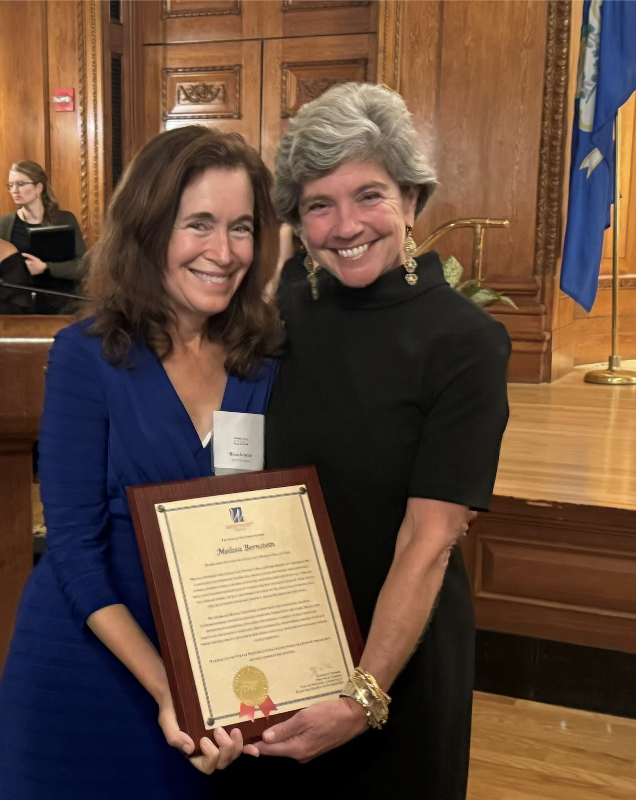God is dead.
Or at least that’s the opinion of Cole De Monico ’13.
“How could God be the source of all human morality when he has, several times, betrayed his own commandments?” asks De Monico. “Can God make a rock that he can’t lift?”
These are the types of questions many Staples students grapple with today.
Atheism is the rejection of belief in the existence of deities. Throughout history, atheists have been persecuted and victimized, most famously in the Middle Ages.
In recent times, however, as strict religious beliefs have waned, atheism has become more prevalent.
According to a Gallup Poll, in 1948 only 5% of people in the United States said they had no religious identity, while that number increased to 11 percent in 1990 and 16 percent in 2011. Atheism’s growth is especially apparent among younger people.
While legal and social discrimination of atheists is common (A recent study by researchers at the University of Minnesota involving a pool of over 2,000 households found that atheists were the most distrusted of all minorities), in Westport students who are atheists do not have that problem.
“I would be met with more skepticism and suspicion were I to come out as a devout Christian,” said Melanie Mignucci ’13, a committed atheist. De Monico agrees.
“My friends were mostly atheist. They were largely unsurprised and happy that I had seen their light,” he said.
Neither of Mignucci’s parents are religious, or attempted to raise her with religion.
However, she stated that she was raised to appreciate her Jewish heritage and also had a knoowledge of the symbols of Christianity and other religions, but did not attened church nor temple. She decided on her own that she had no use for the ritualistic aspects of religion because “the spiritual benefits of religion don’t necessarily have to be contextualized within an organized religion.”
De Monico went to church from an early age and was Christian until he was around 13, or 14, around the same time that he was confirmed. His mother is an atheist, while his father is a born-again Christian, “though not the crazy type; he’s a Protestant.”
DeMonico began to “think on a deeper level at that age, so I contemplated some of the tenants of Christianity, like good and evil, [and] the existence of a higher power and fate.” This led him to embrace atheism.
Mike Moritz ’14, a recent convert to atheism from Judaism, also stated that his conversion resulted from a desire to think for himself.
Moritz stated that he takes issue with people who believe in a religion to such extent that they label anyone who disagrees with their beliefs as wrong.”
“Everyone is capable of being themselves and deciding what is right for them,” he said.
Most students’ parents accept their children’s choices to reject religion.
“I never made a point of telling them because they don’t care,” said Mignucci. Molly Rubridge ’13, who was raised as Roman Catholic and her parents are Roman Catholics, said, “They were totally fine with it, and understand that it is a personal choice.” While atheism may still be a taboo topic in the majority of America, it is accepted, perhaps even encouraged here in Westport.
Atheistic students have relatively the same view on God and religion in general, and it is generally not very positive. Mignucci believes that religion has been used to oppress non-believers, while the spiritual benefits of religion can be embraced without embracing religion.
De Monico is a little more disparaging towards religion. He says: “A Christian sermon [is] little more than a guy in a robe shouting about his imaginary friend.”
While most atheistic students are critical of religion, they understand why people turn to it.
“Christianity has a good way of explaining why bad things happen to good people without any reasonable explanation. It makes sense out of chaos,” says agnostic Charlotte Smith ’12, whose mother used to be Catholic and whose father is Episcopalian.
De Monico agrees. “The afterlife is something somebody tells himself so he wouldn’t fear death and would have something to look forward.”
Moritz also believes that respecting other people’s beliefs and not expressing atheism too strongly to others is important.
“Being Atheist is awesome in my opinion. I love it and while I respect people who follow religion I would like to gently enlighten people that religion is not always right,” he stated.
It is no surprise that many Staples students are speaking out about their beliefs, as the majority of atheists are younger and, as a Barna group poll found, more affluent.
It is no surprise that many Staples students are speaking out about their beliefs, as the majority of atheists are younger and, as a Barna group poll found, more affluent.
“My experience in Westport has shown me that people, generally, respect differences of religion,” said Mignucci. The fact that Staples students feel comfortable doing so is a sign of the changing times and attitudes regarding atheism. If God is dead, atheism is alive and well and thriving in Westport.













































